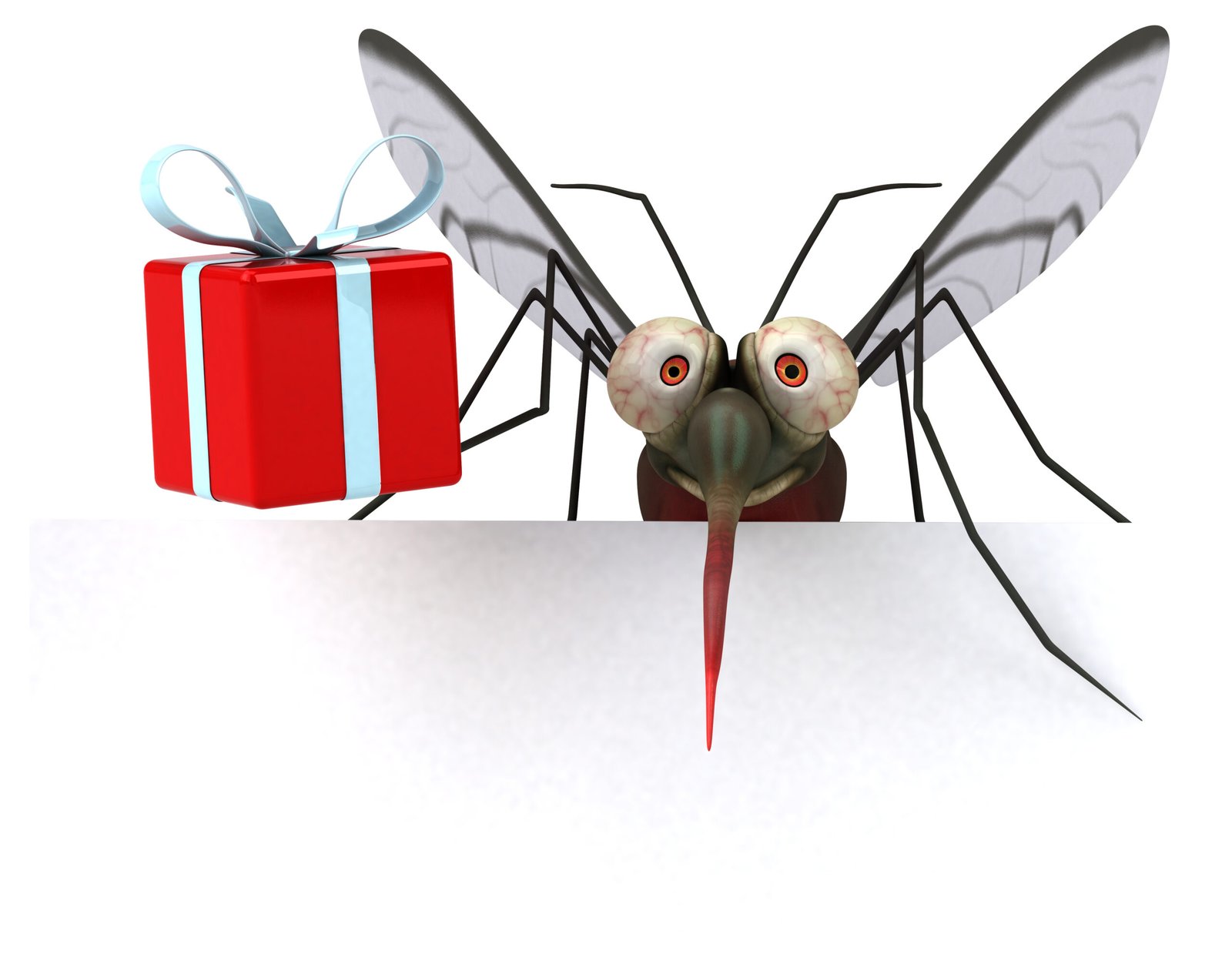Patient Story: Navigating Dengue – Manohar’s Journey and Vital Tips for Prevention
Meet Manohar, a 35-year-old teacher from Anna Nagar, who initially thought he had a bad flu. However, when his fever spiked and was accompanied by severe joint pain and a rash, he realized it was something more serious. He went to SMF, where doctors diagnosed him with dengue fever, a common but potentially severe illness spread by mosquitoes.
Understanding Dengue
Dengue is caused by a virus transmitted through Aedes mosquito bites, especially common in tropical regions like ours. Symptoms, appearing 4-10 days after a bite, include high fever, headache, pain behind the eyes, muscle and joint pain, fatigue, nausea, and skin rash.
Manohar’s Hospital Journey
Manohar was admitted to the hospital, where his treatment followed scientific guidelines and absolute care:
Monitoring: Regular monitoring of his vital signs and fluid balance.
- Hydration: He received intravenous (IV) fluids to stay hydrated, which is crucial in dengue management.
- Pain Management: Medications were given to reduce his fever and alleviate joint pain.
- Investigation: He was tested for other fevers as well, since they may co-exist. Important parameters like platelet counts were constantly monitored.
- Observation for Complications: Doctors kept a close watch for any signs of severe dengue, which can involve bleeding or severe abdominal pain.
Thankfully, Manohar fully recovered after a week of hospital care.
Prevention Strategies:
- Eliminate Mosquito Breeding Sites:
- Regularly empty containers that collect water in your surroundings.
- Keep water storage containers covered.
- Personal Protection:
Use mosquito repellents and wear protective clothing like long sleeves and pants.
Install mosquito nets or screens in living and sleeping areas.
- Community Efforts:
Participate in local drives to clean up areas where mosquitoes might breed.
Share knowledge about dengue prevention with neighbors and friends.
- Travel Carefully:
Be extra cautious in regions known for dengue and follow all the above precautions.
Conclusion
Manohar’s experience with dengue highlights the importance of both prevention and timely medical care. By being vigilant and proactive, we can protect ourselves and our communities from this disease. Remember, when it comes to dengue, prevention is indeed the best cure.
Disclaimer: The information provided in this blog post is for general informational purposes only and should not be considered professional advice. Before making any health-related decisions, consult with a qualified healthcare professional. The content is not a substitute for medical advice, and individual results may vary. The author and website are not responsible for any consequences arising from the use of the information provided. Use your best judgment and seek professional advice when needed.
FAQ-
Q. What is severe dengue?
ANS. Dengue is a mosquito-borne viral infection causing a severe flu-like illness and, sometimes causing a potentially lethal complication called severe dengue. The incidence of dengue has increased 30-fold over the last 50 years.


